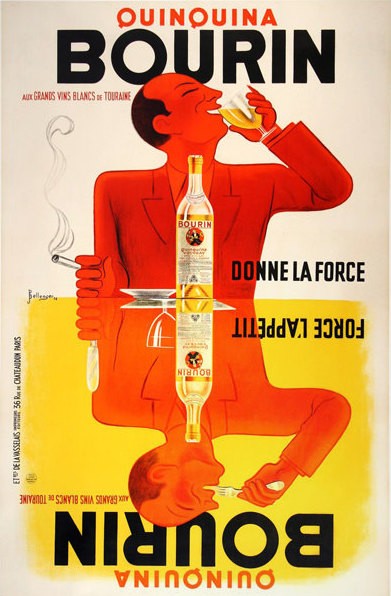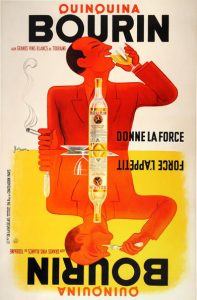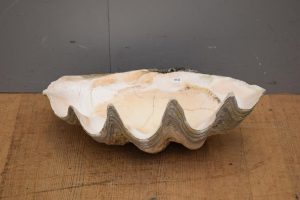Knowledge of value makes decisions more difficult

It’s funny how an unexpectedly high valuation of an item changes our feelings towards it. It tends to be one of two polarised reactions; either it suddenly becomes far more attractive to hold onto, or to sell. The calculus of whether to keep or to sell inevitably changes, and counterintuitively it is usually to keep, despite the unexpected potential windfall. If you’re hoping to successfully downsize, declutter, or deal with a deceased estate, it’s important to recognise this inherent bias to avoid being overrun by items you don’t really need in your life.
We also tend to think of older items with value as automatically being appreciating assets; it’s logical to assume that something that has value because of its age will have greater value in the future. This is often demonstrably false, as seen in the prices realised for antique furniture at auction over the last decade or so. There has been a downward trend, especially in Victorian era oak and mahogany furnishings, fuelled by changing tastes and fashion trends, and this can hold true for almost anything.
To help combat this, it can be helpful to make choices about what to keep and what to send to auction before looking at the valuations. The price an item will sell for at auction will not affect your enjoyment of it, so to take a page out of Maire Kondo’s (incredibly successful) book, ask yourself what sparks joy in yourself before you ask what it’s worth to really know the value to you. Once you’ve done that, it’s just a matter of letting Canard Solutions find the right buyer for the rest so you can enjoy your new, less cluttered life.
Once you make those choices, we can take care of the rest, because there are no problems with Canard Solutions.



